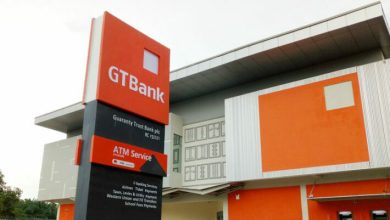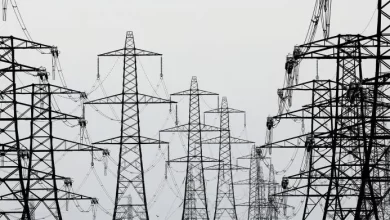
Perennial sundry charges that are levied at local and international airports nationwide have placed Nigeria among the most expensive aviation countries in Africa.
The cumulative charges, which on the average double European and Middle Eastern countries’ charges, have been traced as responsible for the stunted growth of aviation in Nigeria.
The Guardian earlier reported that local airlines would have very slim chances of survival under the current regime of multiple taxes numbering 35. According to the airlines, the charges account for between 38 and 65 per cent of revenue accruing to them.
Smarting from the charges, an AirInsight report, yesterday, ranked Nigeria as the eighth most expensive aviation country in Africa – only behind Niger, Liberia, Guinea Bissau, Senegal, Bangui, Sierra Leone, and Republic of Congo.
On passenger service charges alone, Nigeria charges an average of $100 on regional flights. Niamey in Niger Republic tops the list with $162, followed by Monrovia (Liberia) $145; Guinea Bissau $137; Dakar, Senegal $116; Douala, Cameroon $115; Bangui $111 and Freetown, Sierra Leone $109.
In Central and Western Africa, 10 out of its 23 airports charge more than $100. Thus, the two regions represent only 20 per cent of the global traffic to/from Africa. Most of the Northern African airports, which represent 35 per cent of the traffic, charge less than $50.
Comparatively, airports in Europe charge less than in Africa in terms of taxes and fees on arrival and transfer. While the average amount of taxes and fees paid by passengers in Africa is $64, they are charged $30.23 in Europe and $29.65 in the Middle East despite the fact that traffic is much more significant in these regions.
In Europe, only London airport charges passengers more than $100, and four others charge more than $50. The reason for this high amount in London is the Air Passenger government tax, which is £78 ($101) for long-haul flights.
The average amount of transfer taxes and fees in Africa is $36.02 compared to $17.55 in Europe. Taxes and fees on arrival are $8.81 in Europe, while $12.32 in Africa.
The pressure on Nigerian passengers and operators is not out of place given that the system also charges five per cent Value Added Tax (VAT), Passenger Service Charge of N1000 per ticket on local route, Charter Sales Charge, Aircraft Inspection Fees, Simulator Inspection Fees, Landing Charges, Parking Charges and Terminal Navigational Charge.
Others are Enroute Charge, Fuel Surcharge, Airport Space Rent, Electricity Charges, Apron Pass, ODC, Registration Fee, Service Recovery Charge, Processing Fee, Avio Bridge, Aircraft Registration and Processing Fee.
The airlines also pay Toll Gate Fee, VIP Lounge, Trolley Service, Clearance Fee, Check-In Counter Charge, Courier/Tarmac/Pre-Release charges, Import Charge (Dom), Export Charge (Dom), Import Royalty, Export Royalty, Ports Charge, Exports Charge, Transshipment, and Concession Fee.
The Federal Government had since 2017 initiated moves to harmonise the charges and remove Value Added Tax (VAT), but without headway. The Nigerian Customs Service (NCS) via the backdoor had allegedly restored the suspended VAT on commercial aircraft and imported spares.
Director-General of International Air Transport Association (IATA), Willie Walsh, described the levy of high taxes and charges in the middle of the COVID-19 pandemic as “irresponsible”.
Walsh said: “It is nonsense that most of the airports that have increased airport taxes/charges are justifying the increase to encourage a more sustainable aviation sector. Penalizing airlines with higher airport charges does nothing to move the sector towards its net-zero goals.
He regretted that African governments only see airport charges as a source of revenue, without its impact on the cost of operation and travelling public.
According to Walsh, “taxation means huge costs of operation, which makes profits marginal or nonexistent. I think what they (governments) do is to look at the revenue line, but they failed to recognize costs associated with operations in this industry.”





